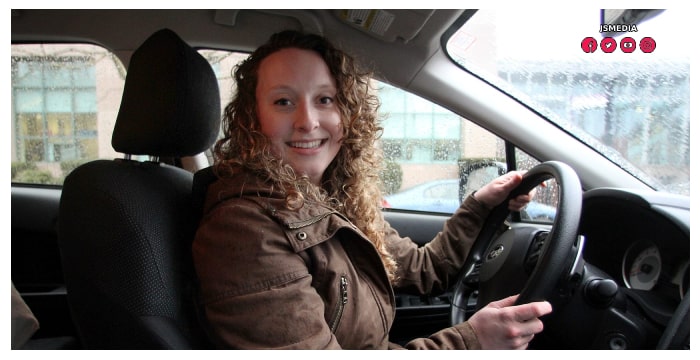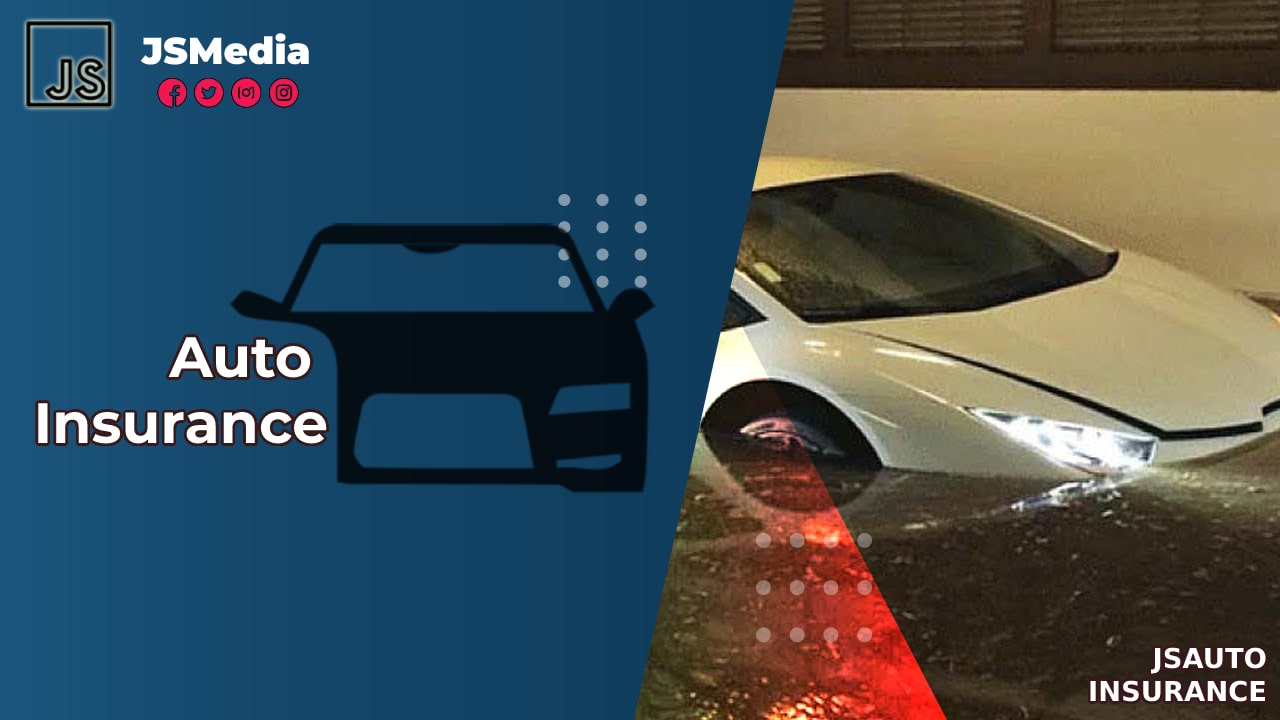JSMedia – If you get a lot of traffic tickets or accidents on your driving record, you may have to get high-risk auto insurance. Your insurer may decide to raise your rate if you have a lot of violations. If this is the case, you can get a lower rate by enrolling in traffic school. However, this option usually costs a few more dollars a month. A good lawyer can advise you on the best course of action.
Your insurer may use a point system to assign you a surcharge if you have a lot of traffic violations. The points assigned by the insurance company are different than the ones assigned by the DMV. Generally, the higher your traffic tickets and accidents, the higher your premiums will be. But you should remember that some insurance companies have a different timeframe for assessing the impact of major violations. For instance, minor infractions will not raise your rate as much as more serious ones.
If your car is involved in an accident, your insurance company may apply a surcharge to your policy. The duration of the surcharge varies, but it usually ranges from three to five years. While you are paying the surcharge, it will eventually go away as you maintain a good driving record. It’s worth bearing in mind that the surcharge won’t apply to your comprehensive or towing coverage.
High-Risk Auto Insurance, Traffic Tickets and Accidents

It’s important to understand that your insurance company only considers the last three to five years of your driving history when calculating your premium. If you’ve been accident-free for a few years, you may not be impacted by a traffic ticket. But the amount you’ll receive will depend on the severity of the violation and the circumstances leading up to the accident. If you’ve been speeding or texting while driving, you’ll likely find your insurance rate to increase significantly.
Getting a traffic ticket doesn’t necessarily mean you’re at fault in an accident, but it may indicate some level of liability. Even if you’re at fault in an accident, you can still claim your insurance policy in the event of an accident. The amount you can recover depends on the severity of the offense and the circumstances surrounding the incident. A minor speeding violation won’t have the same impact on your personal injury claims as a major violation.
When it comes to your insurance, it is essential to keep the fines and surcharges to a minimum. In addition to paying a fine, your insurance company must also cover the damages in the event of an accident. In New York, drivers can also claim insurance coverage for medical bills. This is crucial if you have an accident. Besides, you’ll need to pay for the other driver’s auto insurance if you’re at fault.

